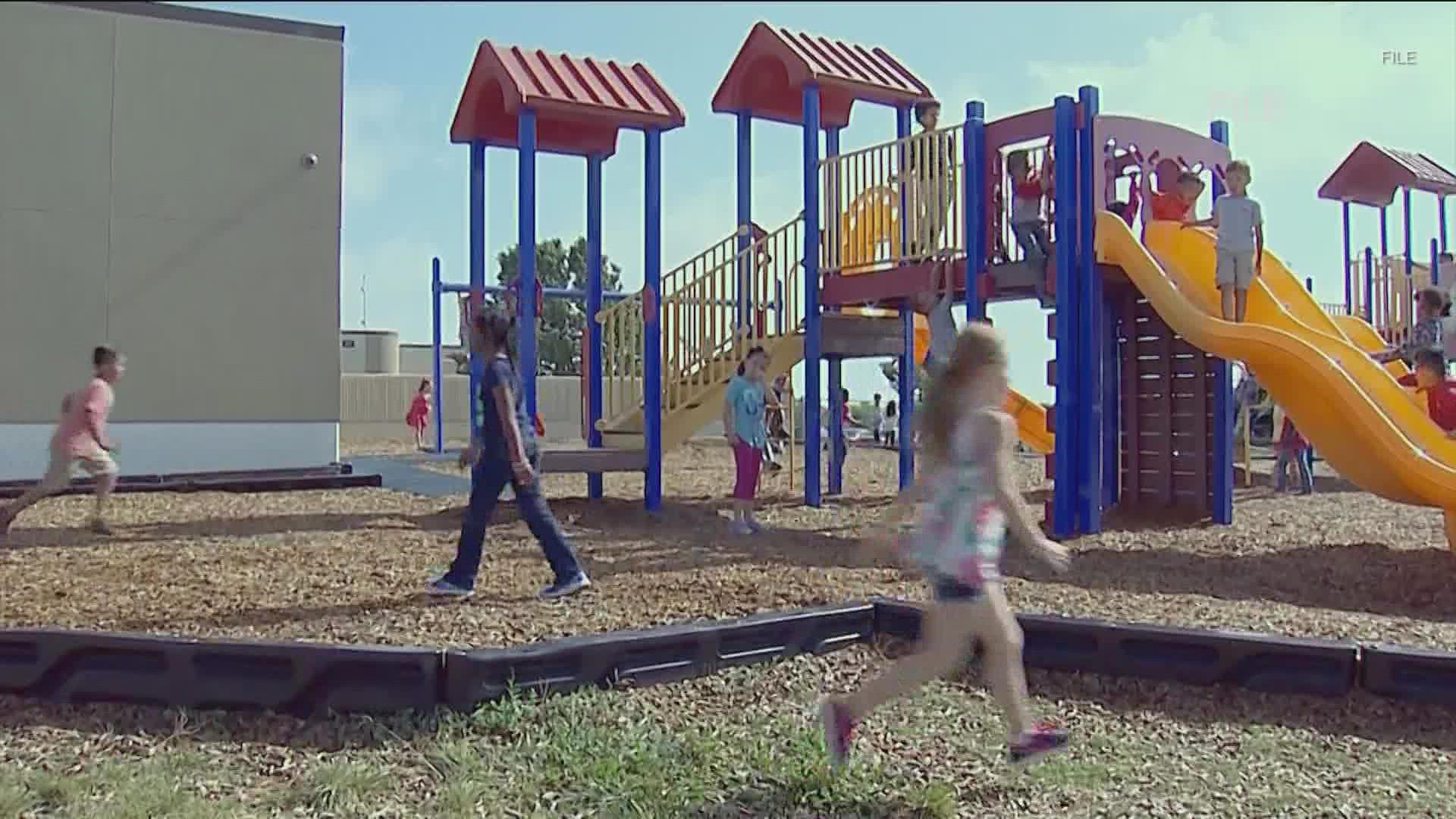AUSTIN, Texas — The American Academy of Pediatrics (AAP) has issued new guidelines to treat childhood obesity, but some doctors are wary of implementing some of the more aggressive and immediate guidelines.
One of the new guidelines created by the AAP states that treating childhood obesity with medication and surgery can be effective. KVUE spoke with one doctor who said those are drastic measures to take.
"Until we ... have more experience using these medications, we have to wait and see," said Dr. Stanley Spinner, Texas Children's Hospital pediatrics vice president. "I'll say pediatricians compared to, you know, adult internists or family practice providers, we tend to be more conservative."
Spinner said there's not enough evidence supporting the use of drugs for the treatment of childhood obesity.
"I don't think most of us really saw that coming," Spinner added.
Spinner said conversations are underway at the hospital right now to grapple with how to implement the new guidelines. While they have preformed surgery to aid in weight loss, it's not the first choice for children – the procedure is usually performed in extreme cases.
Over time, Spinner predicts medical staff will get more comfortable using medications. Right now, the way they approach childhood obesity is through counseling and other forms.
"We can really try to help to identify that issue with families," Spinner added. "Talk with families about ... diet and exercise. Making changes to ... not just a specific diet per se, but making changes to how they eat as a family unit."
While there are varying opinions about how childhood obesity should be addressed, medical professionals agree that it is a conversation that should be addressed at an early age.
"The more years one is overweight, the more risk there is to developing the consequences," Spinner added. "Be it Type 2 diabetes, be it high blood pressure, hypertension, heart disease, liver disease."
The Center for Disease Control provides resources on how to prevent childhood obesity.

